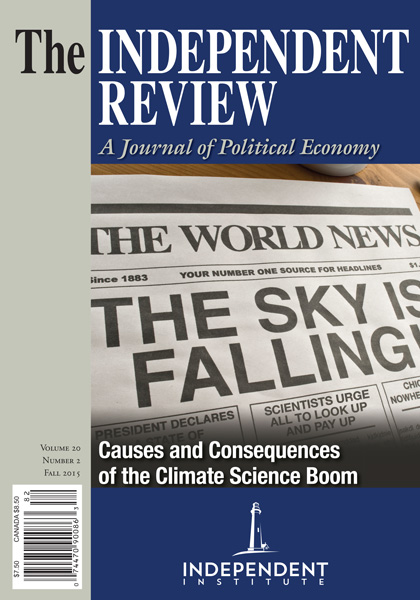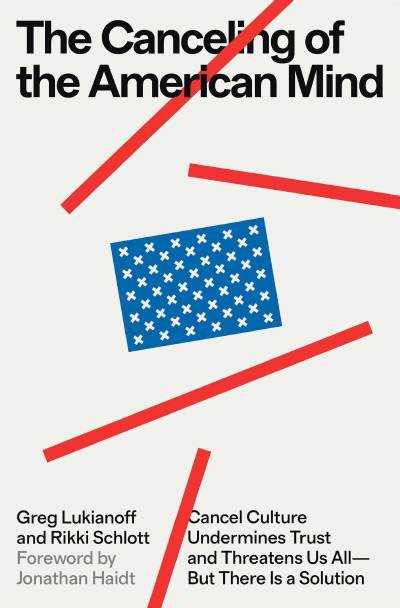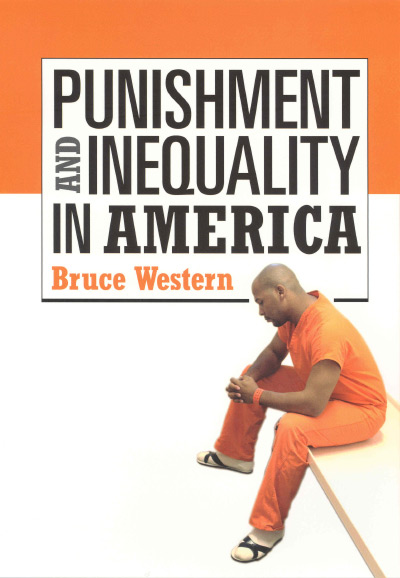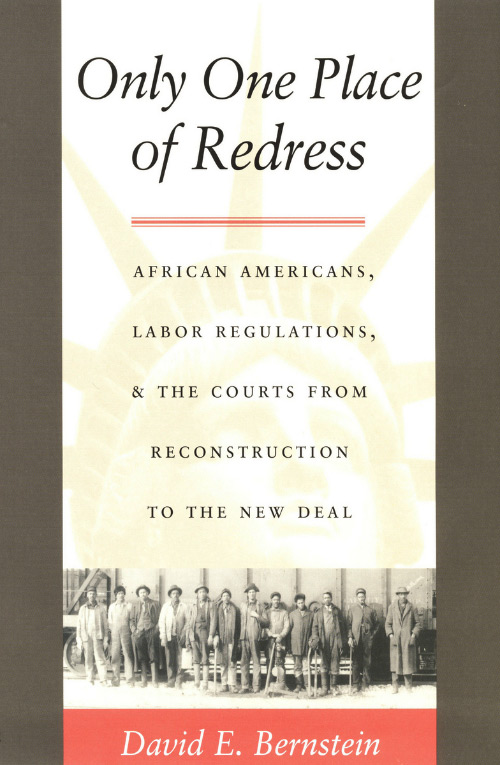This is a courageous book. It not only attacks received wisdom in a highly contentious area but also absolutely pulverizes political correctness insofar as race is concerned. Nicholas Wade deserves mention among only a very few authors who pay no never mind to the views that all races are equal in every regard worth mentioning and that, worse, whatever differences do exist are due not only to environmental factors but also to (gulp!) heredity.
I will let Wade speak for himself. As he explains it, “Analysis of genomes from around the world establishes that there is indeed a biological reality to race, despite the official statements to the contrary of leading social science organizations. . . . [T]he fact [that] human evolution has been recent, copious and regional is not widely recognized, even though it has now been reported by many articles in the literature of genetics. The reason is in part that the knowledge is so new and in part because it raises awkward challenges to deeply held conventional wisdom” (p. 4). The truth is that “[t]hrough independent but largely parallel evolution among the populations of each continent, the human species has differentiated into races. This evolutionary process is hard to explore, however, when the question of race is placed under taboo or its existence is denied outright” (p. 67). Unfortunately,
the idea that there could be meaningful genetic differences between human groups is fiercely resisted by many researchers. They cling to the idea that the mind is a blank slate on which only culture, not genetics, can write, and dismiss the possibility that evolution could have effected any recent change in the human mind. They reject the proposal that any human behavior, let alone intelligence, has a genetic basis. They make accusations of racism against anyone who suggests that cognitive capacities might differ between human population groups. All these positions are shaped by leftist and Marxist political dogma, not science. Nonetheless, most scholars will not enter this territory from lively fear of being demonized by their fellow academics. (p. 201)
Nor does our author pull his very sharp and devastating punches even against those with whom he mostly agrees. Consider his overwhelming criticism of Steven Pinker (The Better Angels of Our Nature: Why Violence Has Declined [New York: Viking, 2011]) in this regard:
On the basis of Pinker’s vast compilation of evidence, natural selection seems to have acted incessantly to soften the human temperament, from the earliest times until the most recent date. . . . But at the last moment, Pinker veers away from the conclusion, which he has so strongly pointed to, that human populations have become less violent in the past few thousand years because of the continuation of the long evolutionary trend toward less violence. He mentions that evolutionary psychologists, of whom he is one, have always held that the human mind is adapted to the conditions of 10,000 years ago and hasn’t changed since. . . . But since many other traits have evolved more recently than that, why should human behavior be any exception? Well, says Pinker, it would be terribly inconvenient politically if this were so. “It could have the incendiary implication that aboriginal and immigrant populations are less biologically adapted to the demands of modern life than populations that have lived in literate state societies for millennia.” (pp. 170–71)
And here comes the knock-out punch: “Whether or not a thesis might be politically incendiary should have no bearing on the estimate of its scientific validity. That Pinker would raise this issue in a last minute diversion of a sustained scientific argument is an explicit acknowledgement to the reader of the political dangers that researchers, even ones of his stature and independence, would face in pursuing the truth too far” (p. 171).
Along the way, Wade tears into such politically correct scholars as Franz Boas, Jared Diamond, Stephen Jay Gould, Richard Lewontin, Ashley Montague, George Bernard Shaw, Karl Marx, and Jeffrey Sachs as well as such groups as the American Anthropological Association. All of these worthies, he spells out in excruciating detail, have long misled their fellow colleagues along with the general public.
After reading this book, if you still believe that races do not exist, that human evolution is confined to the distant past, and that low time preference, cooperation, hard work, and saving have little to do with economic development, you simply were not paying attention.
Especially compelling is Wade’s dismissal of Daron Acemoglu and James A. Robinson’s views (Why Nations Fail: The Origins of Power, Prosperity, and Poverty [New York: Crown, 2012]), which is worth quoting in full:
Acemoglu and Robinson argue that bad institutions get replaced with good ones . . . because of “critical junctures” in history combined with “propitious existing institutions.” They assert, “In addition some luck is key, because history always unfolds in a contingent way.” Luck is an explanation? Not divine providence or some sign of the zodiac? The authors are driven to reach for such unsatisfying explanations because they have ruled out the obvious possibility that variations in human behavior are the cause of good or bad institutions. They are thus forced back on nonexplanations like luck and the contingent path of history. (p. 196)
A Troublesome Inheritance is a tour de force in supporting its thesis. I recommend it highly to all those unafraid of reading about subjects forbidden to be addressed by politically correct mandates. Although convinced of his general thesis before picking up this publication, I learned a great deal from Ward. However, there is no such thing as a perfect book, and this one is no exception. Several critiques are in order.
To begin with, Ward states that “[r]acism and discrimination are wrong as a matter of principle” (p. 17). What principle? Are racism and discrimination the same? Are lesbians “wrong” for discriminating against half the human race when it comes to love interests? Our author does give a definition of this “evil,” but it is pretty pathetic. He states that the “central premise of racism . . . is the notion of an ordered hierarchy of races in which some are superior to others. The superior race is assumed to enjoy the right to rule others because of its inherent qualities” (p. 17). This is a two-part definition. Let us consider the first part, that some races are superior to others. On this ground, Ward stands condemned of racism out of his own mouth—well, word processor—for he acknowledges the fact that “[a]t every Olympic games since 1980, every finalist in the men’s 100-meter race has hadWest African ancestry” (p. 8). If this does not amount to saying that one race is superior to others, at least in sprinting, then nothing does. The inverse occurs with swimming, where whites and Asians predominate. Of course, no one race is superior to all others in every characteristic, but superiority in all things is seemingly not required by Ward’s definition. But these are elementary undeniable truths. Virtually everyone would be a “racist” according to this definition.
Now consider the second part of Ward’s definition: “the superior race is assumed to enjoy the right to rule others.” If the first part of the definition catches too many in its net, this one captures all too few, for does anyone really believe this nowadays? Ward fails to cite or quote any modern commentator as a racist on this ground, which is more than passing curious in that he widely cites and quotes from those with whom he disagrees. Most unsatisfactory.
Lew Rockwell defines and dissects racism in this manner: “[S]omeone is a racist if he hates a particular racial group, but . . . since we can’t read people’s minds, and since accusing people of hating an entire group of people is a fairly serious charge, instead of vainly trying to read the suspect’s mind we ought instead to see if he favors special disabilities against the group in question.” He adds: “I know no one who hates entire groups, and those people who do are in such a tiny minority that their organizations are equal parts lunatic and FBI informant. Likewise, I know no one who favors the use of official violence against particular groups” (“What Exactly Is ‘Racism’?” July 2, 2014, at http://www.lewrockwell.com/2014/07/lew-rockwell/ what-exactly-is-racism/).
As such, racism is indeed immoral, but should it be illegal? No, at least not on libertarian grounds because this despicable practice does not necessarily violate the nonaggression principle of this philosophy. Hate in and of itself is not incompatible with the nonaggression principle. Nor is “favoring” violence against the target group. One must actually do something against a despised minority in order for racism to count as a rights violation. And what of “discrimination?” Does this mean making distinctions between males and females? Whites and blacks? Walter Williams and Thomas Sowell support this very behavior, and it is difficult to see why they are wrong.
InWade’s view, “That European societies have turned out to be more innovative and productive than others, at least under present circumstances, does not of course mean that Europeans are superior to others—a meaningless term in any case from the evolutionary perspective” (p. 238). Nonsense. Nonsense on stilts. Given that this is true, of course Europeans are superior to all other races—in this one dimension. Has the word superior become the new F word, unmentionable in polite society? If blacks can be superior in sprinting, and they are, why cannot others be superior in yet other characteristics? And if some can be superior in some features, then, of necessity, others must be inferior in them. For example, whites are inferior when it comes to athletics (see Jon Entine, Taboo: Why Black Athletes Dominate Sports, and Why We’re Afraid to Talk about It [New York: Public Affairs, 2000]). To deny this is to give in to the forces of unreason that Wade valiantly battles against throughout this book.
Ward argues that “[e]ven if it were proved that one race were genetically more intelligent than another, what consequence would follow? In fact, not much of one” (p. 8). However, a few immediately come to mind. For one thing, there might be less complaining about the gap in intellectual accomplishment between the races. For another, this gap would no longer be attributed to discrimination. Wade refers to West African dominance in sprinting. Why oh why is there no wailing and gnashing of teeth about ridding ourselves of this gap? Should we institute Head Start programs for sprinting for white and Asian youngsters so that they can run faster? For a third, perhaps a sense of grievance at the unfairness of it all might recede among the poverty pimps, liberals, and progressives.
Here’s how Wade describes the central concept of his book: “The notion of inherent superiority, which is generally absent from mere ethnic prejudice, is held to justify unlimited abuse of races held to be inferior, from social discrimination to annihilation” (p. 17). But if we take this description literally—How else are we supposed to take it?—Wade is himself a racist because he notes that blacks are superior to all other races in the one-hundred-meter dash. Our author of course would not deduce from this fact that one race has “the right to rule others,” but no one else, at least nowadays, would deduce any such conclusion! Although A Troublesome Inheritance is heavily laced with quotations, he offers not a single one of such a supposed racist in this sense.
There is also quite a distance between “social discrimination” on the one hand and “annihilation” on the other. Suppose a person does not like the taste of Chinese food. He “socially discriminates” against restaurants serving that cuisine. This individual is a racist according to Wade, but it is exceedingly difficult to understand why such an act of refraining ought to be outlawed, as engaging in annihilation against anyone, let alone an entire group of people, certainly should be. Suppose our racist will not date Chinese women, patronize their restaurants, and so on out of hatred for these people. But he never even comes close to initiating violence against any of them. Should such refusals to deal with a certain group of people—such a desire to uphold one’s rights of free association—be outlawed? Again, it is not clear that such behavior ought to be criminalized because there is no violation of the nonaggression principle—none whatsoever.
Near the end of the book,Wade inveighs against those who would “deny welfare to the poor” (p. 249). If we can assume benevolence on his part, his argument implies that welfare payments actually help the poor, not hurt them. But there is a wealth of empirical evidence (beginning with the evidence presented in Charles Murray, Losing Ground: American Social Policy from 1950 to 1980 [New York: Basic Books, 1984]) attesting to the very opposite: the fact that welfare systems, at least those practiced in such places as the United States and Sweden, undermine the family structure, that families are the last best hope for curing poverty, and thus that welfare “generosity,” ostensibly aimed at alleviating immiseration, has instead the very opposite effect.
A final important shortcoming in Wade’s book is that our author relies heavily on the Malthusian claim that from time immemorial vast numbers of people have had incomes that place them “on the edge of starvation” (p. 11). Poppycock. Slavery, too, has long antedated recorded history. Yet if human beings were stuck at the subsistence level, who would pay any positive price for a slave? No one, that is who, because there would be no profit to be made from owning a slave and benefitting from his forced labor. After all, if a slave cannot produce more value than what is necessary to keep body and soul together, where is the financial advantage of owning him? But without willing buyers, no one would have any incentive to go out and capture an innocent person for this purpose. In actual historical fact, in contrast, kidnappers did capture and sell slaves to willing buyers for positive prices. So much for the Malthusianism Wade relies on.
Let me end on a positive note because, despite my many and serious reservations about this book, I admire it, I learned a great deal from it, and I think its author’s moral and intellectual courage cannot be denied. Wade concludes his book with the following words, and I will conclude my review of it with them: “Many forms of new knowledge are potentially dangerous, the energy of the atom being a preeminent example. But instead of curtailing inquiry, Western societies have in general assumed that the better policy is to continue exploration in confidence that the rewards can be reaped and the risks, managed. It is hard to see why exploration of the human genome and its racial variations should be made an exception to this principle” (p. 251).
| Other Independent Review articles by Walter E. Block | ||
| Spring 2023 | Defending Liberty: Essays in Honor of David Gordon | |
| Spring 2022 | The Ethics of Liberty | |
| Winter 2018/19 | Crony Capitalism versus Pure Capitalism | |
| [View All (4)] | ||


















